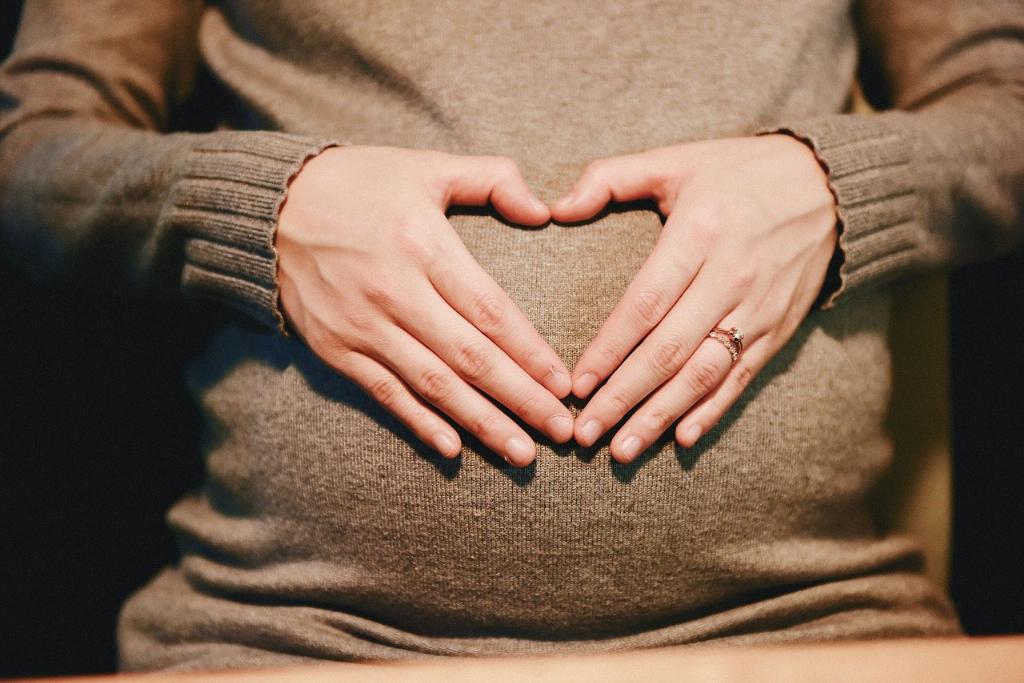When discussing human papillomavirus (HPV) transmission to children, it is important to recognize that the virus can indeed be passed on from parent to child in various ways. While the most common mode of transmission is through sexual activity, there are other potential ways for the virus to be transmitted from a parent to their child.
Sexual Transmission
HPV is primarily transmitted through sexual contact, including vaginal, anal, and oral sex. Parents who have HPV can potentially pass the virus to their children during childbirth. It is essential for parents to have open and honest conversations with their children about safe sex practices to prevent HPV transmission.
Genital-to-Genital Contact
Aside from sexual activity, HPV can also be transmitted through genital-to-genital contact. This means that parents with HPV can inadvertently transmit the virus to their children through close physical contact in the genital area. Educating children about the risks of HPV transmission through skin-to-skin contact is crucial.
Oral Transmission
Furthermore, HPV can be transmitted through oral sex, increasing the risk of the virus being passed from parent to child. Parents should emphasize the importance of practicing safe sex, including the use of condoms and dental dams, to reduce the risk of oral HPV transmission.
Vertical Transmission
In rare cases, a mother can transmit HPV to her baby during childbirth. This form of transmission, known as vertical transmission, occurs when the baby comes into contact with HPV in the birth canal. It is essential for pregnant women with HPV to seek medical guidance to minimize the risk of vertical transmission.
Prevention Strategies
Parents can take proactive steps to prevent HPV transmission to their children. This includes practicing safe sex, getting vaccinated against HPV, and encouraging open communication about sexual health within the family. Regular screenings and check-ups can also help detect and treat HPV infections early.
Broader Implications
Understanding the potential for HPV transmission to children highlights the importance of comprehensive sexual education and healthcare. By promoting awareness and proactive measures, parents can help protect their children from HPV and its associated risks.
Conclusion
In conclusion, parents can pass HPV to their children through various means, including sexual transmission, genital-to-genital contact, oral sex, and vertical transmission during childbirth. By educating themselves and their children about HPV, practicing safe sex, and seeking appropriate medical care, parents can reduce the risk of HPV transmission and safeguard the well-being of their children.

